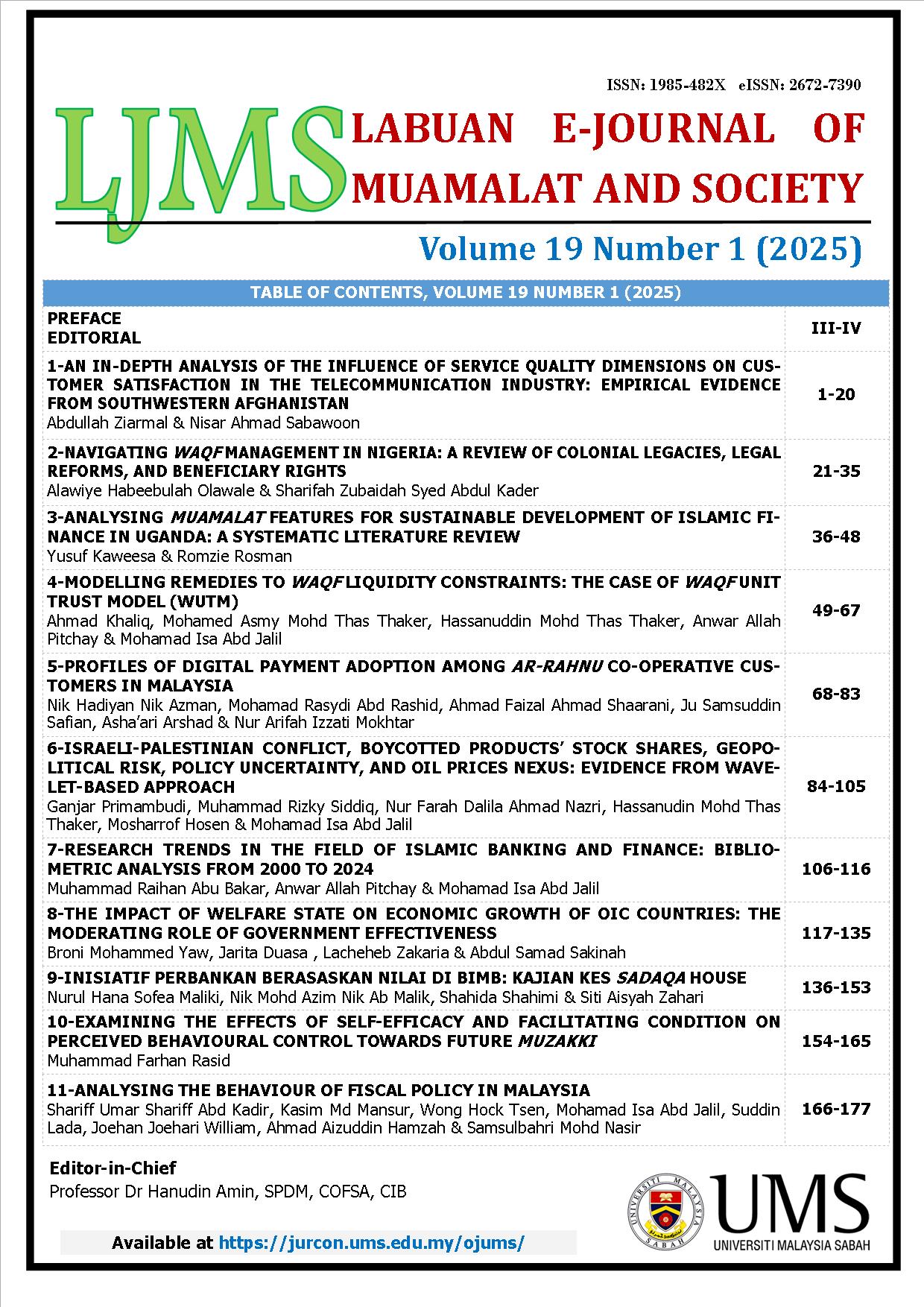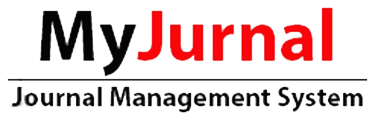THE IMPACT OF WELFARE STATE ON ECONOMIC GROWTH OF OIC COUNTRIES: THE MODERATING ROLE OF GOVERNMENT EFFECTIVENESS
DOI:
https://doi.org/10.51200/ljms.v19i1.6160Keywords:
Welfare state, Economic growth, State benevolence, Islamic worldview, GMMAbstract
The advent of the COVID-19 pandemic reinforced the need for the state to exhibit benevolence towards its citizens. Though the welfare state system has long been responsible for protecting the well-being of the poor and vulnerable citizens, especially in capitalists' economies, activities of the welfare state have commonly been viewed as being inimical towards efforts in enhancing economic growth. Being a religious obligation, Islamic countries are required to foster welfare state activities, exposing them to a conflict of interests as they intend to achieve increasing economic growth as well. This paper investigates whether such conflict of interests exists by measuring the impact of welfare state on economic development of OIC countries, and to determine the moderating effect of government effectiveness on the relationship. Data from 23 countries spanning 2005 to 2022 were analysed using the System GMM method. The results indicate that the welfare state possesses a significant negative impact on economic growth. Contrary to expectation, government effectiveness fails to moderate the impact on the relationship between the welfare state and economic growth. A robustness check with the LSDVC method affirms the significant negative impact observed. Islamic countries should consider formulating policies that monitor the activities of the welfare state, without compromising tenets of the Islamic worldview for safeguarding the dignity of the needy and vulnerable among the citizenry.
Downloads
Published
How to Cite
Issue
Section
License
Copyright (c) 2025 Labuan e-Journal of Muamalat and Society (LJMS)

This work is licensed under a Creative Commons Attribution 4.0 International License.











